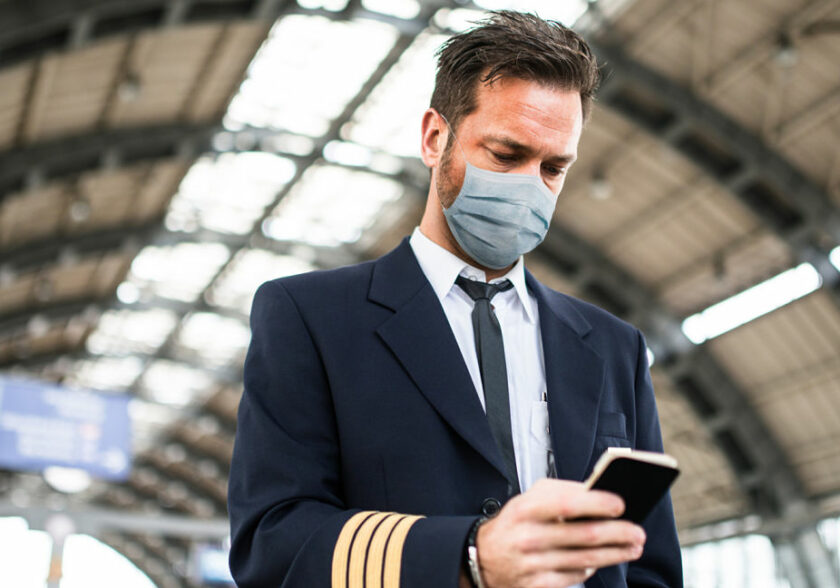What is aerospace medicine?
Aeronautical or aerospace medicine is the medical speciality that studies the diseases and disorders affecting the human body in flight.
A primarily preventive discipline, aviation medicine studies the effect on the human body of exposure to special environmental conditions and the effects of different medications, drugs or diseases on piloting or aircraft crewing.
Which patients is it for?
This type of service is not only aimed at crews and controllers but also for those who practise air sports and passengers in general, as it focuses on the physiological and psychological effects of these environments on the body.
In addition, it provides basic care and medical attention to people displaced from the terrestrial environment.
Main conditions and diseases
- Gastrointestinal diseases: motility disorders, dyspepsia, reflux
- Cardiovascular diseases: ischemic heart disease, arrhythmia
- Respiratory diseases: pneumothorax, focal lung pneumatosis and pulmonary vesicles, asthma, chronic obstructive pulmonary disease, sleep apnoea syndrome
- Otorhinolaryngological diseases: hypoacusis, barotraumatic otitis, vertigo, motion sickness
- Ophthalmological diseases: corneal injuries, orbital injuries, conjunctivitis, blepharitis, uveitis, glaucoma, retinal diseases, dry eye syndrome
- Sleep disorders
Main diagnostic resources and technology
- Blood and urine tests
- Electrocardiogram
- Echocardiogram
- Stress test or ergometry
- Spirometry
- Lung function tests
- Otoscopy
- Impedance tympanometry
- Audiometry
- Labyrinthine tests
- Ophthalmological tests (visual acuity, fundus examination, etc.)



